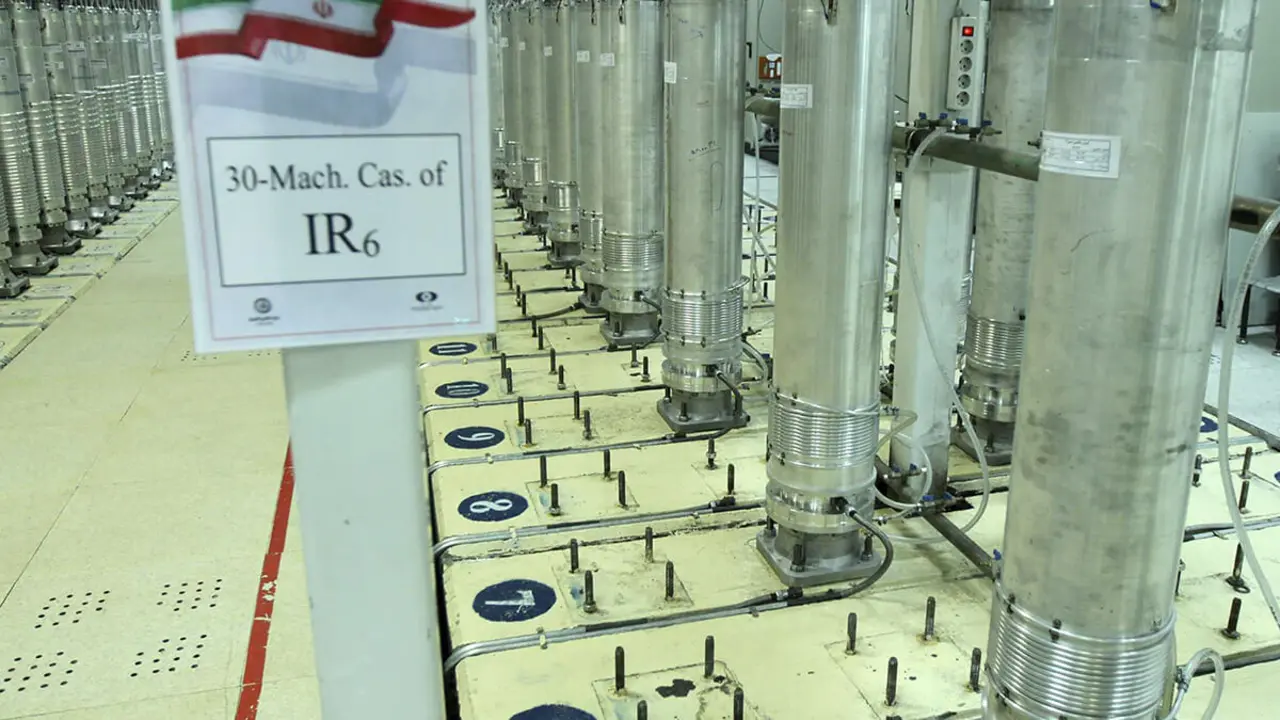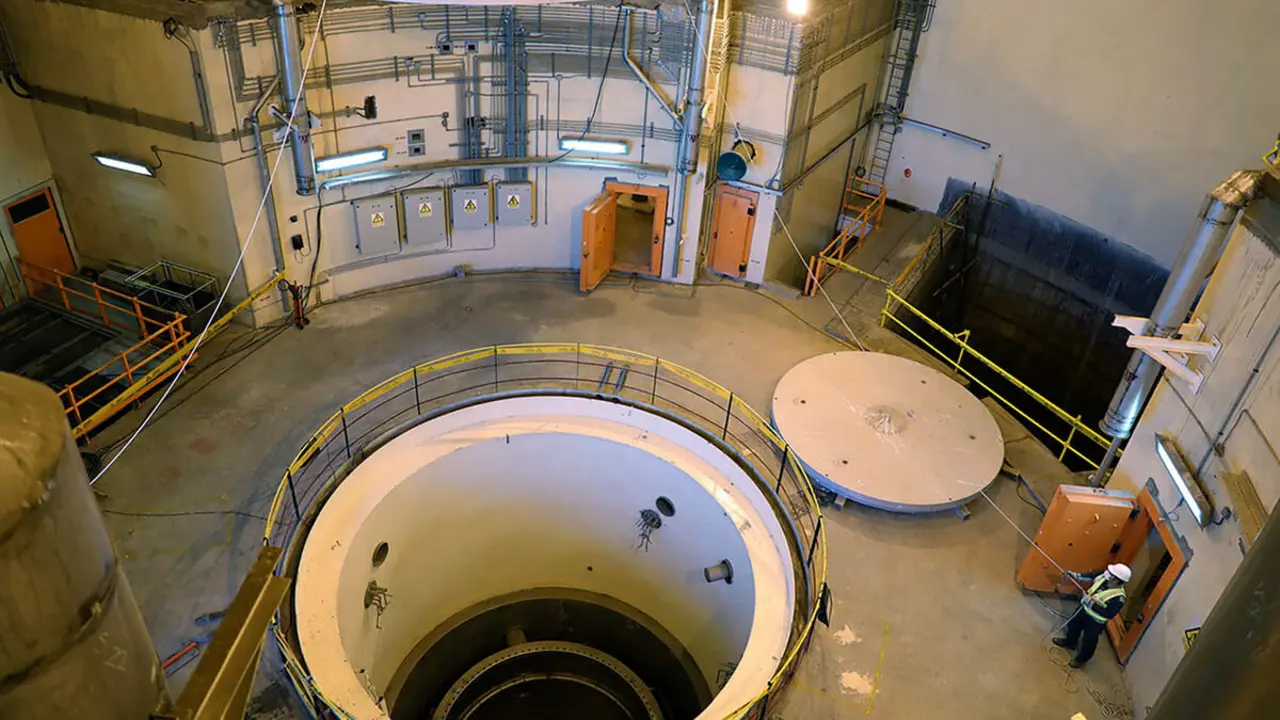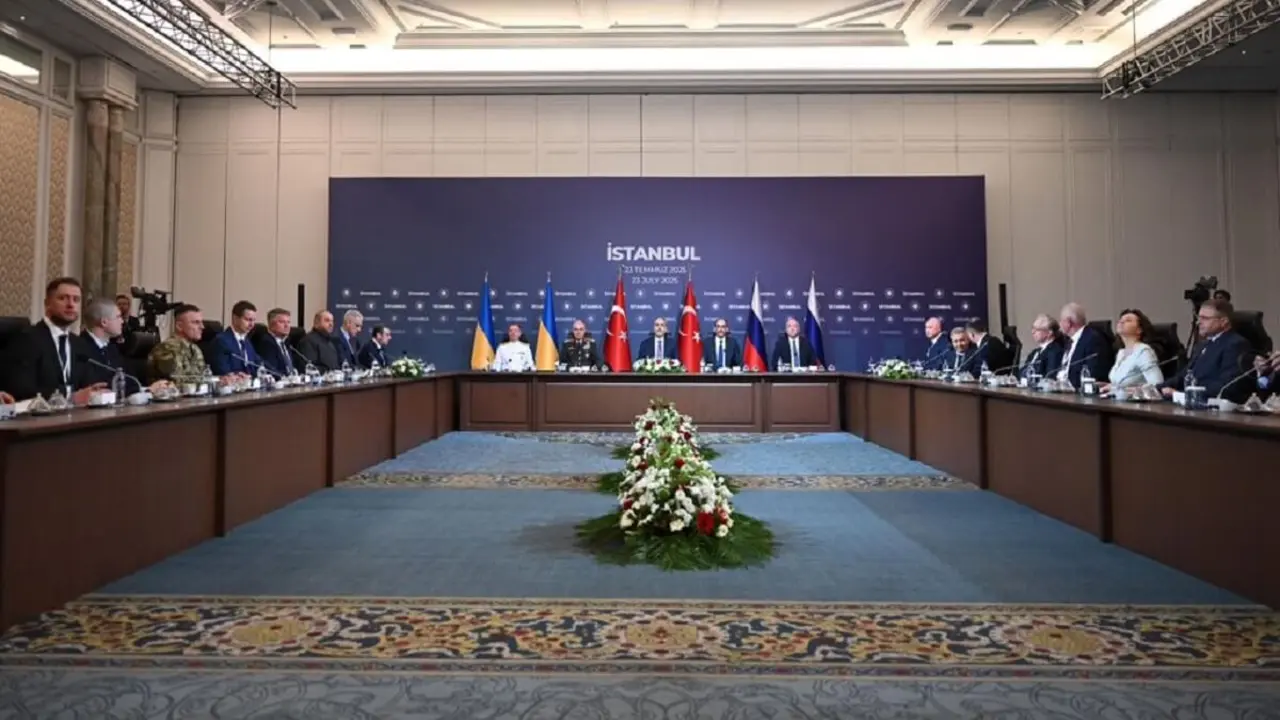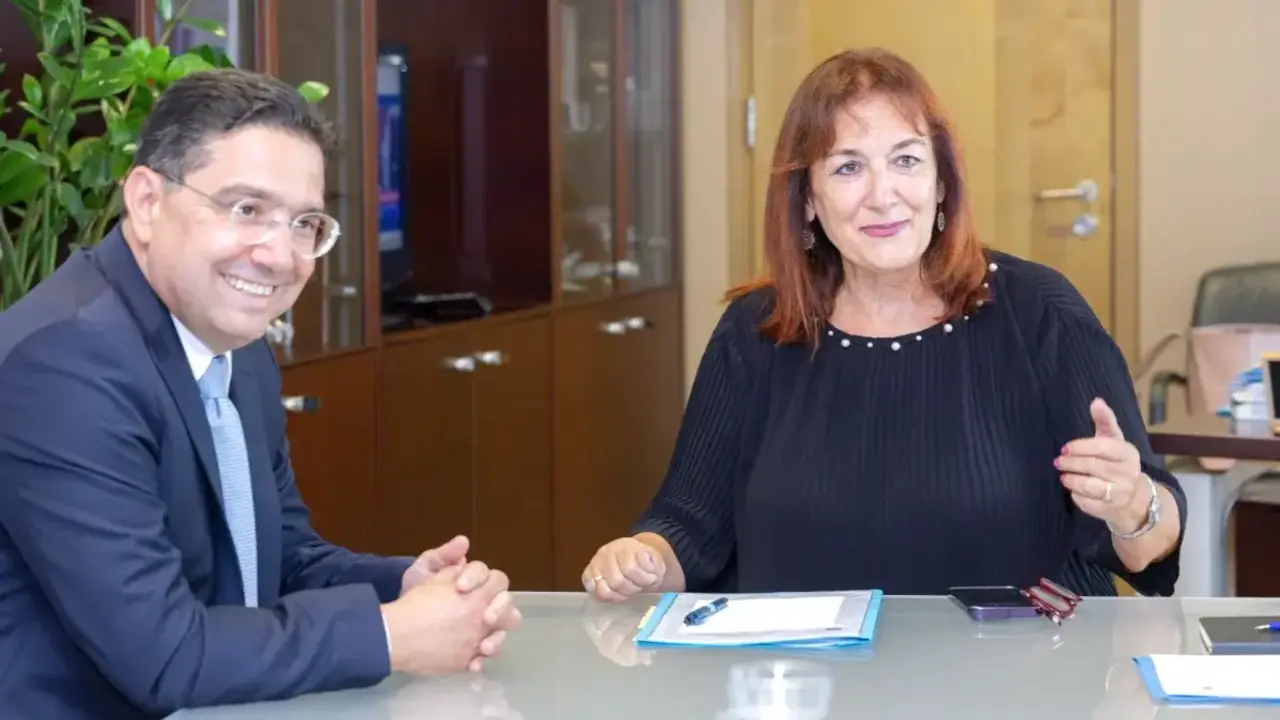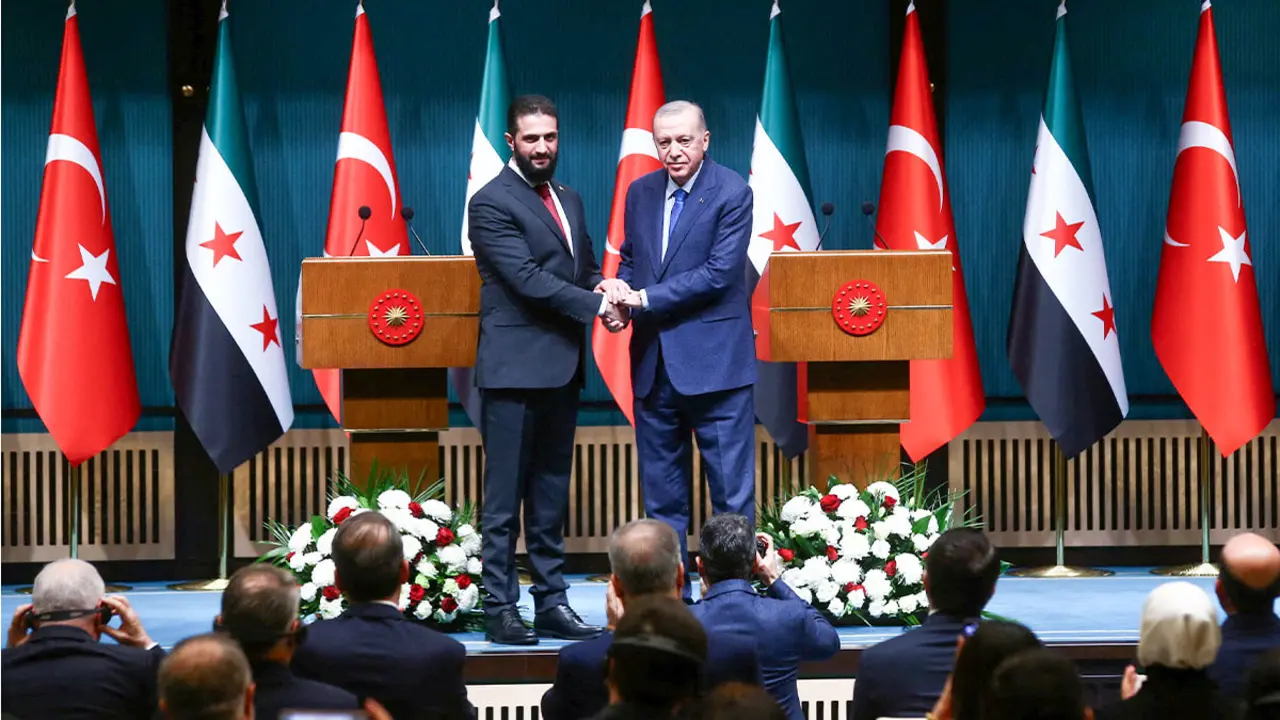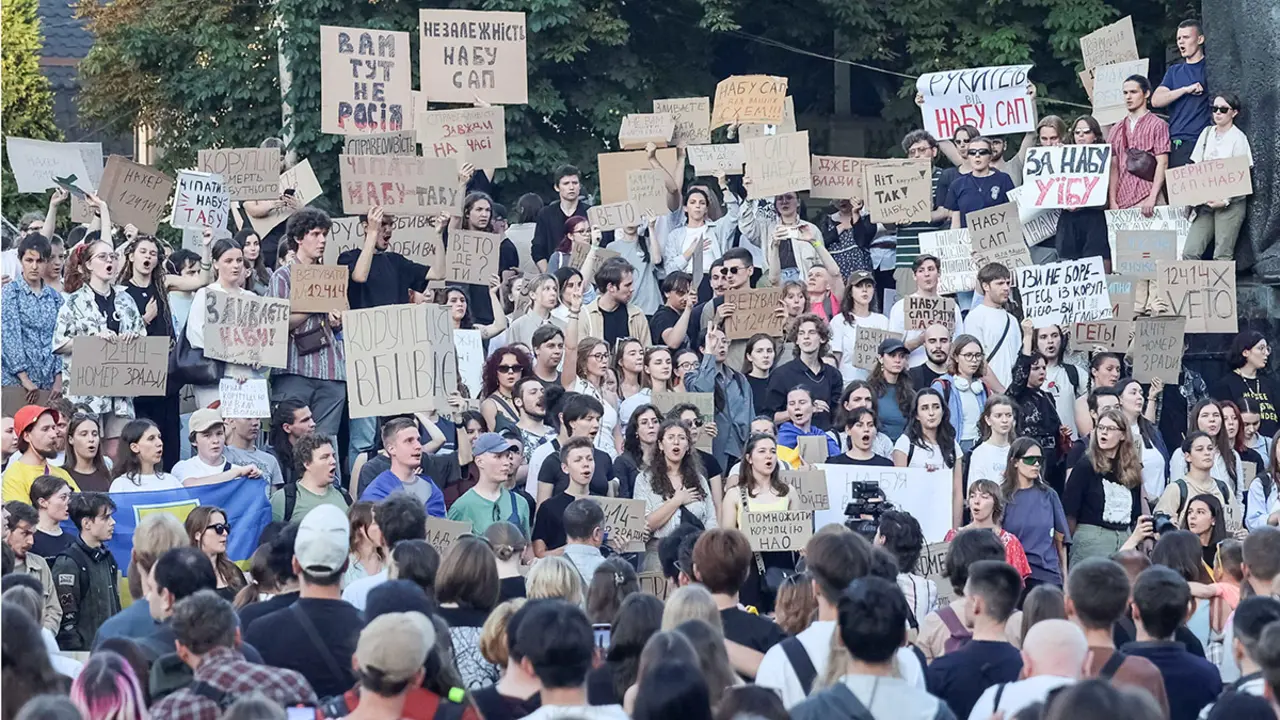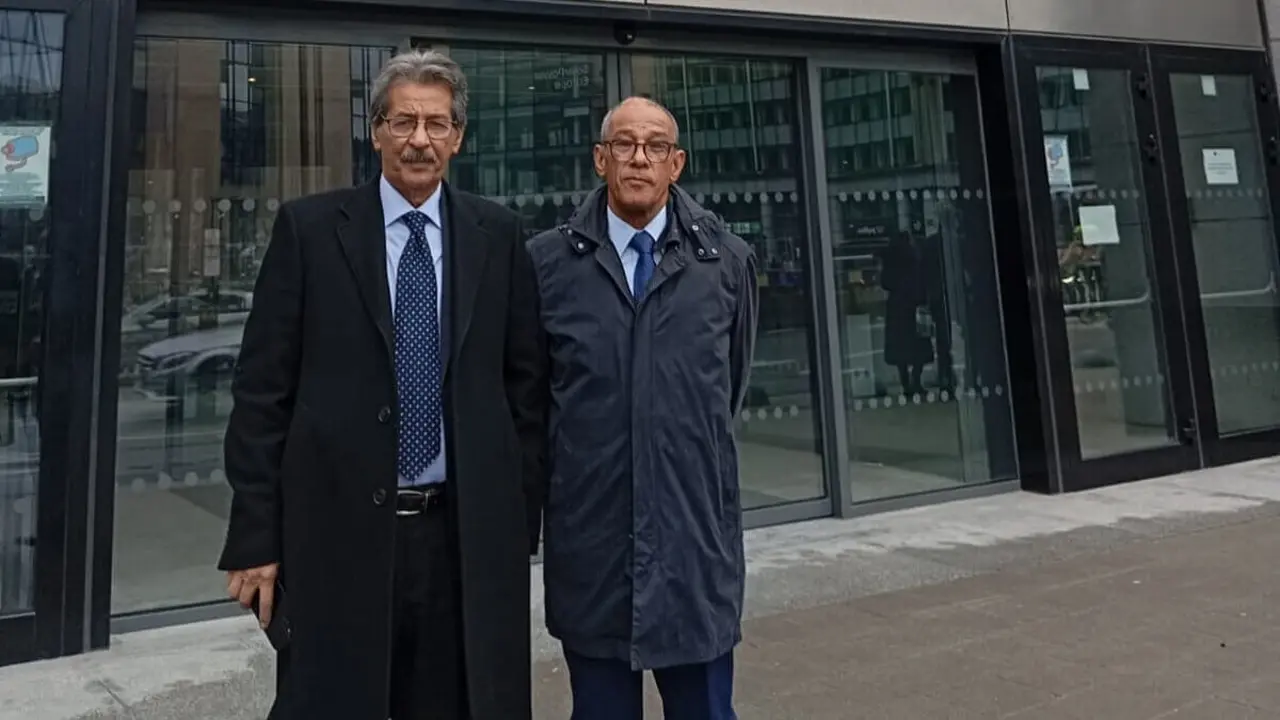Abbas and Haniyeh smooth out differences to promote Palestinian unity

The President of Palestine, Mahmoud Abbas, from Ramallah, and the leader of the Islamist movement Hamas, Ismail Haniyeh, from Beirut, held a virtual meeting to promote Palestinian unity in view of the proposal to establish diplomatic relations between the United Arab Emirates (UAE) and Israel with a view to achieving peace in the Middle East and international acceptance of the Arab countries of the Israeli state, under the mediation of the United States.
Haniyeh described the telematic meeting between the West Bank and Lebanon as "historic" and stated that a "qualitative leap forward has been made in recent months" to end the legendary and already divided between the nationalist party of Abbas, which controls the West Bank area, and Hamas, which dominates the Gaza Strip. The confrontation and divisions between the two formations date back 14 years.
"Our meeting comes at a very dangerous stage in which our case faces several risks," Abbas said, describing the agreement between Israel and the United Arab Emirates as the "last poisoned dagger".
Both leaders rejected the normalisation pact between Israel and the United Arab Emirates, mediated by Washington and which is part of the peace initiative presented in January by US President Donald Trump. The American leader proposed the so-called ‘The Deal of the Century’ to settle the Israeli-Palestinian conflict, which included the creation of a Palestinian state, but was very limited in its functions and confined to a location on the outskirts of East Jerusalem. It included a substantial sum of money to help set up the Palestinian state body, $50 billion, but the Arab community and the Palestinians harshly criticised the offer because it envisaged Israel's annexation of West Bank territories

Then came the recent establishment of diplomatic relations between the UAE and Israel, which involved Israel's renunciation of taking over the territories of the occupied West Bank, as pointed out by the emirate authorities. Although Benjamin Netanyahu, the Hebrew prime minister, left this question up in the air, it was not confirmed.
Even so, this pact has not been welcomed from Palestine. Although the Emirates explained that it continues to advocate the establishment of the Palestinian state as its main mission.
Furthermore, Mahmoud Abbas reiterated that he will not accept the USA as the only mediator and will not sit "at a table" with the so-called "‘The Deal of the Century’ " which he considers to be in violation of international law with proposals such as the Israeli annexation of part of the occupied West Bank, which is currently suspended.
Haniyeh added that Trump's plan "attacks the foundations of the Palestinian cause", such as the right for refugees to return and the problem of Jerusalem, which is recognised in the proposal as the Israeli capital, although it offers a Palestinian capital in the eastern suburbs. For Haniyeh, it is urgent to agree on a "common national political programme" as an alternative to the Oslo Agreement (1993), the last negotiating framework with Israel, and therefore proposes "ending the division and building a unified Palestinian position".
Palestinian President Abbas called as a first step for the establishment of a timetable for dialogue between all factions to end the division. Meanwhile, the Islamist leader Haniyeh, who governs de facto in Gaza, unlike Abbas, who controls the West Bank, recently announced that the Palestinian president plans to travel to the Strip in the near future. The leaders of all the Palestinian factions agreed that they are currently facing "an escalation against" their "national movement".

